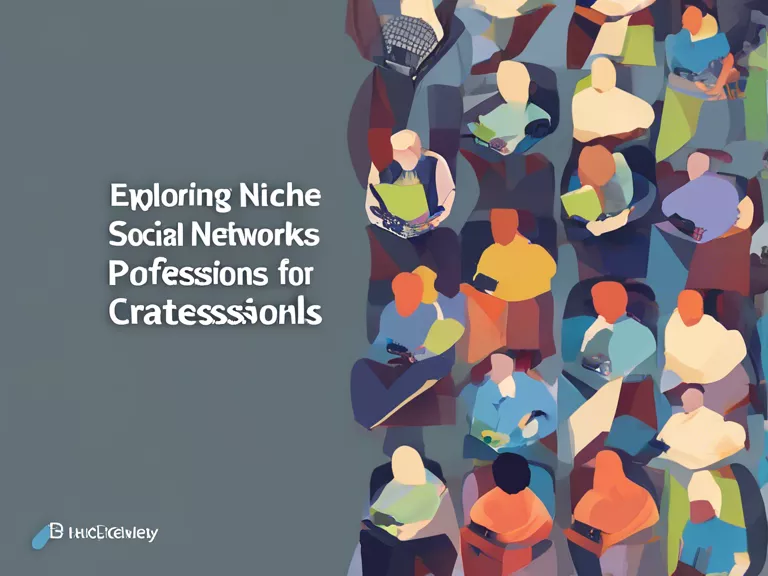
The Future of Social Media Privacy: Navigating Data Protection Laws and User Trust
In recent years, concerns over social media privacy have escalated as users become more aware of the risks associated with sharing personal information online. With the rise of data breaches and misuse of user data by tech companies, there is a growing need for stronger data protection laws and regulations to safeguard user privacy.
Data protection laws such as the General Data Protection Regulation (GDPR) in Europe and the California Consumer Privacy Act (CCPA) in the United States have been implemented to give users more control over their personal information and hold companies accountable for how they collect and use data. These laws require companies to obtain consent from users before collecting their data, provide transparency about how data is being used, and give users the right to access and delete their data upon request.
However, despite these regulations, social media platforms continue to face criticism for their handling of user data. From Facebook's Cambridge Analytica scandal to Twitter's data breach, trust in these platforms has been eroded, leading to calls for stricter regulations and greater transparency. Users are demanding more control over their data and want assurances that their privacy is being protected.
In the future, we can expect to see more emphasis on user privacy and data protection in social media. Companies will need to invest in robust security measures, prioritize transparent data practices, and obtain explicit consent from users before collecting their data. Users, on the other hand, will need to be more vigilant about the information they share online and take steps to protect their privacy.
As we navigate the evolving landscape of social media privacy, it is crucial for both companies and users to be aware of data protection laws and best practices. By working together to prioritize user trust and privacy, we can create a safer and more secure online environment for all.



